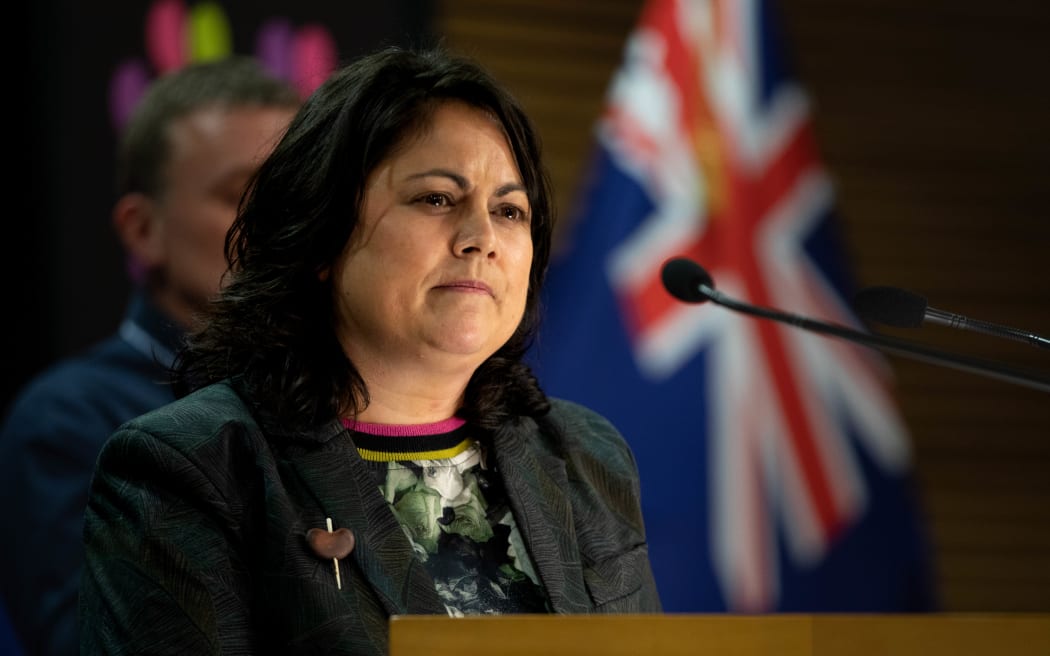
[ad_1]

Photo: RNZ / Angus Dreaver
The government is touting the Healthy Homes Initiative, with a report suggesting the programme reduces people’s chance of going to hospital by nearly 20 percent.
The Three Year Outcomes Evaluation report, funded by the Ministry of Health and using data compiled from a range of sources including tax data, suggested people who benefited from the programme were 19.8 percent less likely to go to hospital, 3 percent less likely to be absent from school, and 4 percent more likely to be employed.
It concluded the programme was having a tangible impact.
“There is unambiguous evidence of broad investments in wellbeing. The HHI is reaching low-income Māori and Pacific populations and therefore will be helping to address equity in health and social outcomes. This programme is an excellent return on government investment.”
The programme is available in 11 regions, and is expected to expand to the remaining nine by the end of the year.
Speaking to media after this week’s Cabinet meeting, Prime Minister Jacinda Ardern and Associate Health Minister Ayesha Verrall said the results of the programme supported the decision to roll it out nationally.
“We inherited a programme that was underfunded and narrowly targeted. We’ve invested $30 million in the initiative and in Budget 22 funded its extension to the whole country,” Verrall said.
“Programmes like this are improving the health and wellbeing of New Zealanders and are a key component of our plan to make New Zealand the best place in the world to be a child.”
The report said the main costs of the programme were for staffing, with more than $55.6 million spent over eight years between December 2013 and December 2021.
It said 75,858 people from 14,625 households were identified as having been through the HHI process in that time, with 90,00 interventions made. Those interventions include things like provision of beds and bedding, curtains, housing relocation, and education.
“This evaluation shows the benefits of the HHI programme greatly exceed the costs in the first-year post-intervention. The data indicates that the benefits are persistent and will accrue each year,” the report said.
Ardern and Verrall said a total of more than 142,000 New Zealanders had been helped by the initiative, including more than 31,000 children and pregnant people, and 111,000 of their family members.
Ardern said the amount spent would differ from household to household depending on needs.
“This is an investment that saves New Zealand money in terms of reducing the pressure on our health system but also and what’s more important is keeping our children out of hospital.”
In a statement, Associate Minister of Health Aupito William Sio said it was significant that 94 percent of referrals identified as Māori or Pacific.
“Many in our communities live in multi-generational households and have multiple health conditions.”
More to come….
[adinserter block=”4″]
[ad_2]
Source link